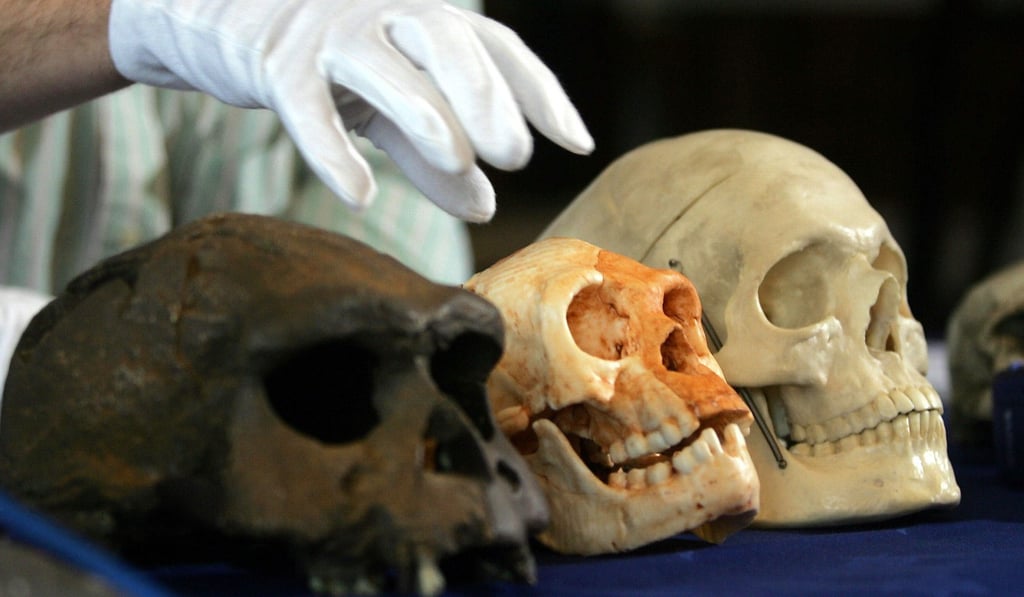Asian Angle | Coronavirus: Covid-19 could live on in Indonesia long after world recovers
- The country’s remote, isolated islands offer a perfect spot for the disease to hide and fester if the Jokowi government fails to act swiftly enough
- It needs to reach out to the regions now, and test, test, test

When the bones of a hitherto-unknown relative of modern man were found on the Indonesian island of Flores in 2003, the discovery shocked the scientific world into rethinking some of its most basic assumptions about our evolution.
What surprised scientists about this one-metre-tall pygmy human (homo floresiensis or “the little lady of Flores”) was not only that she had existed so recently – 50,000 years is the blink of an eyelid in evolutionary terms – but also that clues to her existence had evaded us for so long.

Perhaps it should not have been surprising. Indonesia’s 2 million square kilometres comprise 18,000 or so islands, providing ample hiding space for even the shyest of hominids – and much else besides. Countless species of undescribed birds, animals and plants live in these remote worlds, as do uncontacted and minimally contacted human tribes.
Unfortunately, the same remoteness and isolation of these islands that give us such cause for wonder is also what makes Indonesia so uniquely vulnerable to the ravages of the coronavirus.
The country is faced, essentially, with a ticking time bomb. If it fails to get a grip on the crisis soon, the virus will spread to more remote islands where it will be able to fester, undiscovered and untreated for years to come. Much as Lucy managed to evade our detection for all those years, the coronavirus could live on in Indonesia long after it has disappeared from the rest of the world.

